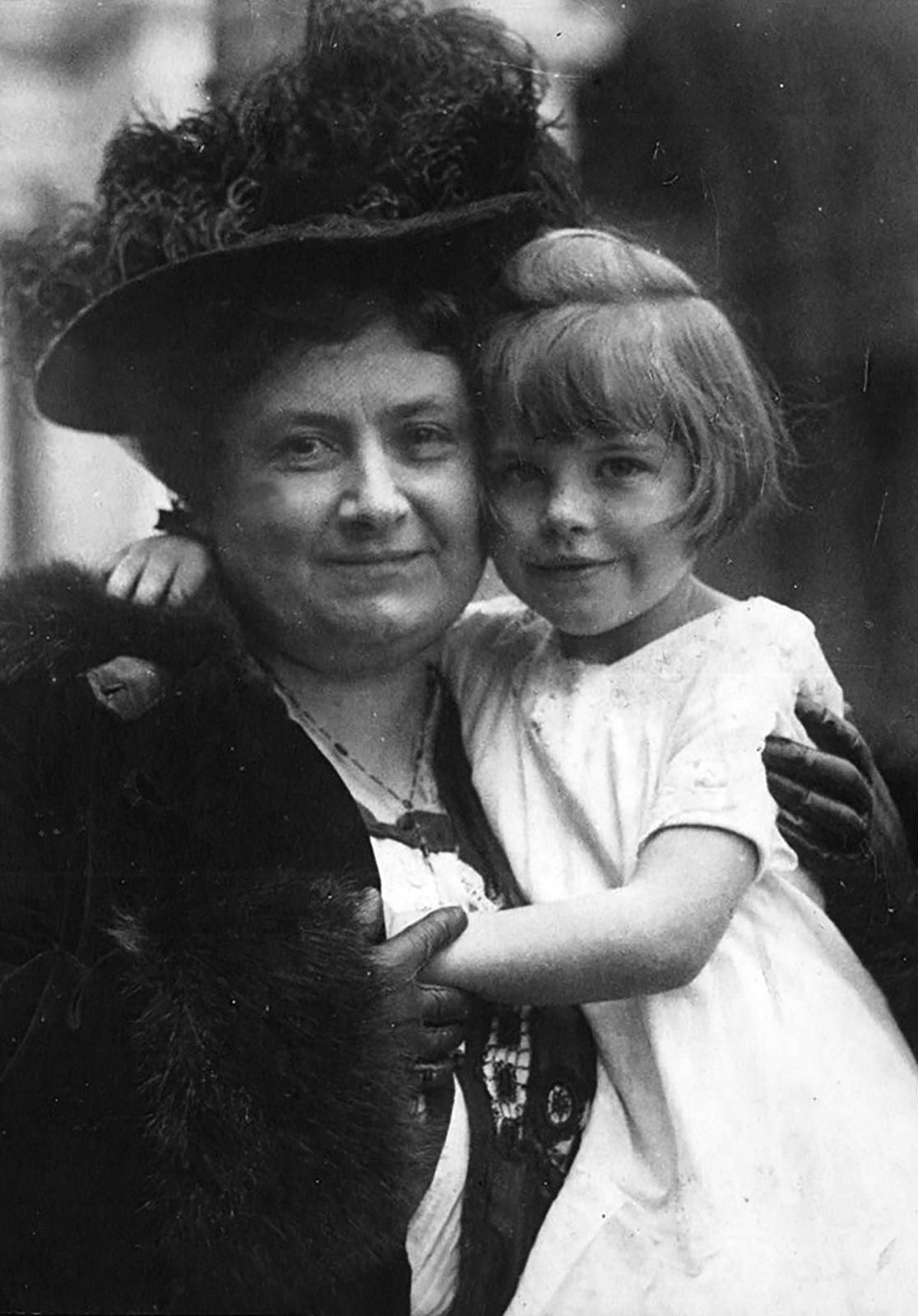Dr. Maria Montessori
“Within the child lies the fate of the future.”
— Dr. Maria Montessori
Maria Montessori was a visionary far ahead of her time. Her core belief—that meaningful learning is self-directed and nurtures the development of the whole child—remains powerfully relevant in today’s ever-evolving world.
Dr. Maria Montessori: Scientist, Educator, and Advocate for Peace
Dr. Maria Montessori was a pioneer—not only as one of the first women to practice medicine in Italy, but as a visionary whose work forever changed the landscape of education. A scholar of biology, psychiatry, anthropology, and medicine, she graduated from the University of Rome’s Faculty of Medicine in 1896. Her early medical work brought her into close contact with young children, sparking a deep and lifelong interest in their development.
Through meticulous observation, Dr. Montessori came to understand that children are not passive recipients of knowledge, but active participants in their own growth. She noted how children, when given the freedom to choose and engage with thoughtfully prepared, hands-on materials, began to reveal a natural, self-directed path to learning. She witnessed them constructing their personalities through purposeful interaction with their environment.
Her observations extended across cultures, languages, and continents—revealing that the principles of child development are universal. Throughout her life, she refined her educational method, grounded in the belief that every child is a unique, unrepeatable individual who deserves unconditional respect.
A scientist at heart and a humanitarian in spirit, Dr. Montessori’s work was rooted in both empirical study and a deep reverence for human potential. She was nominated three times for the Nobel Peace Prize for her tireless advocacy for education as a path to peace.
Today, her legacy continues in classrooms around the world—where children are still seen, respected, and supported as they grow into capable, compassionate citizens of tomorrow.
Maria Montessori: A Timeline of Her Life & Legacy
1870: Maria Montessori is born on August 31 in Chiaravalle, Italy.
1896:
Becomes the first female physician in Italy after graduating from the University of Rome with a degree in medicine—breaking barriers in a male-dominated field.
1897–1900: Works with children with developmental disabilities and begins to develop her educational theories based on scientific observation and respect for the child.
1901–1906: Studies philosophy, psychology, and anthropology, deepening her understanding of human development and refining her approach to education.
1907: Opens the first Casa dei Bambini (Children’s House) in Rome, applying her method with children from low-income families. The success is immediate and widely recognized.
1909: Gives her first teacher training course in Italy and publishes The Montessori Method, which is quickly translated into multiple languages and gains international acclaim.
1911–1915: Montessori schools open across Europe and North America. Maria tours and lectures extensively, spreading her approach worldwide.
1913: Offers her first international training course in Rome, attracting educators from across the globe.
1915: Invited to the Panama-Pacific International Exposition in San Francisco, where she conducts live Montessori demonstrations in a glass classroom.
1929: Co-founds the Association Montessori Internationale (AMI) to preserve the integrity of her method and oversee global training.
1939–1946: Moves to India to train teachers and expand Montessori education. While interned during WWII, she continues her work and collaborates with her son, Mario.
1949: Nominated for the Nobel Peace Prize, the first of three nominations (1949, 1950, 1951), in recognition of her efforts to promote peace through education.
1952: Passes away on May 6 in Noordwijk, the Netherlands, leaving behind a powerful legacy of child-centered education that continues to shape schools around the world.

